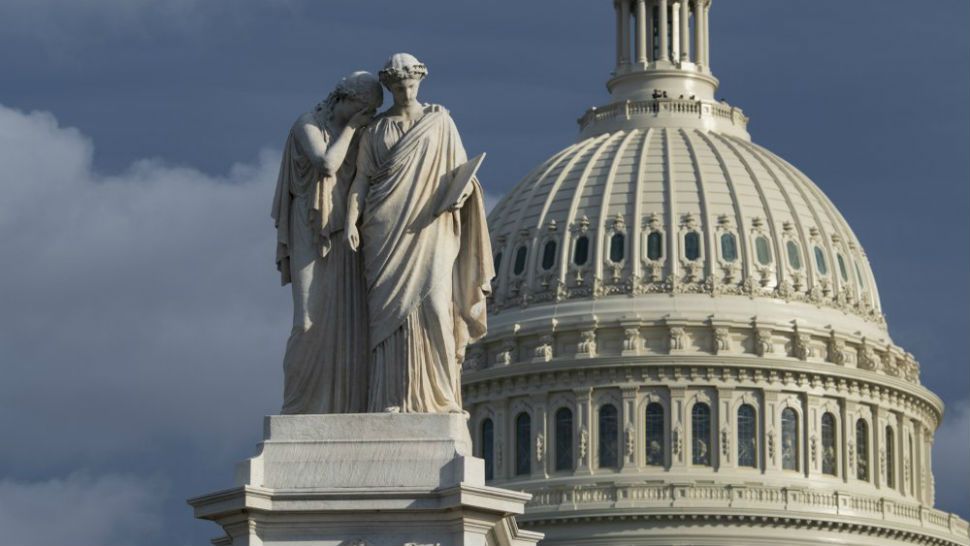WASHINGTON, D.C. - From smart phones to smart speakers, artificial intelligence has a growing presence in our everyday lives.
A new study from the Washington think-tank Brookings Institution explores how AI’s machine learning capabilities could impact the labor market.
"Automation, especially factory robotics automation, has tended to be very focused among lower skilled, lower pay workers. AI is very different. We’ve used patent data to get a forward look at where it might be used and that’s where we are at least getting this look at the upper echelons of the labor market," said Mark Muro, a Senior Fellow at Brookings.
Due to the Commonwealth’s association with manufacturing, the report found Kentucky ranked second among states, just below Indiana, that will face the most exposure to artificial intelligence. While an increase in automation has displaced frontline low skilled workers, software that can make decisions and predictions based on data will intersect with workers in high paying jobs. Muro co-authored the report.
"All of these are jobs that are mostly in offices doing things like conducting basic businesses processes, doing financial projections, marketing professionals, analysts for some of the very highest folks. All of these jobs that assess a lot of information and try to pull out a finding or a projection," he explained.
Brookings researches say this technology may eventually be able to produce faster and better results than people but they aren’t prepared to predict whether AI will substitute completely for existing work and put Americans out of jobs.
"Humans are going to need to constantly find things to do and ways to add value as the machines get better and faster," said Muro.
About 343,280 workers in Kentucky are employed in occupations researchers consider to be “highly exposed” to AI.
That’s equal to roughly 19% of workers in the state.





